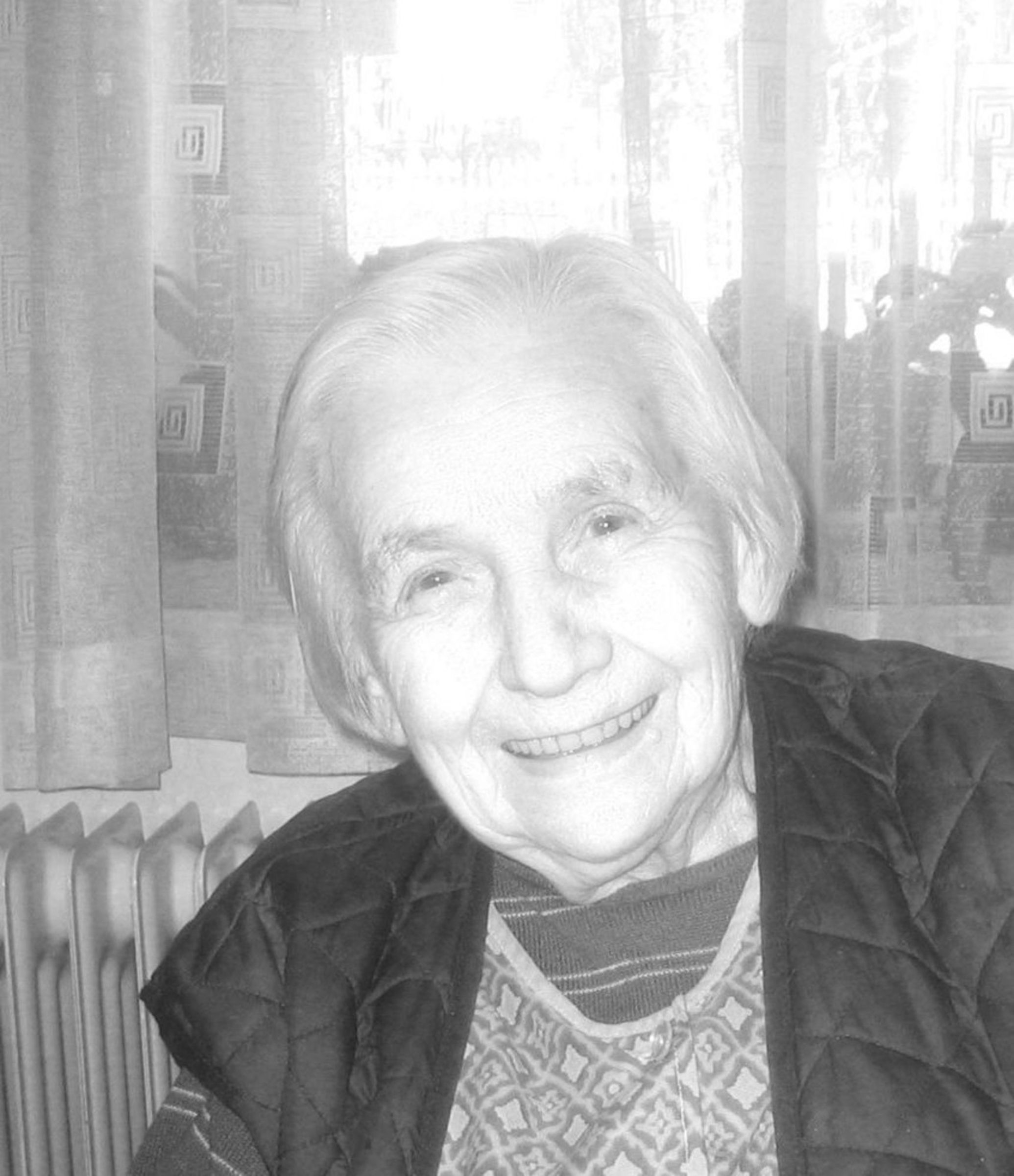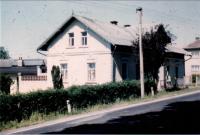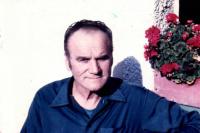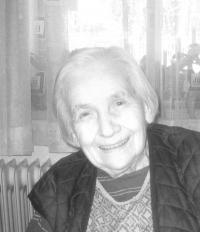“Doing all of this was natural to me.”
Jaroslava Háková was born in 1922 in Studenec and where she spent a happy childhood in the foothills of the Krkonoše Mountains. She enjoyed going to the elementary school and doing sports in the Sokol organization. When she was in the seventh grade, a new teacher, Václav Knotek, arrived in the village. The people in Studenec soon came to like the good-natured man. After completing her studies, Jaroslava married Miloslav Hák. His sister, Zdena, married the teacher Václav Knotek, and all were thus joined into one big family. They lived happily until the outbreak of the war. At the turn of October and November 1942, her husband Miloslav went to Nová Paka to visit his uncle. When he returned to Studenec, he brought with him three paratroopers from the group Antimony, who were dispatched from England, and received their address from Václav Knotek. In this uneasy time shortly after the assassination of Reinhard Heydrich, Jiřina and Miloslav Hák agreed to provide shelter for the paratroopers in their own home. The paratroopers first stayed in the barn and later in the attic of their house. Jiřina was entrusted with obtaining food and other necessities for them. The situation became even more dangerous when the Nazi collaborator, Čurda, appeared in Studenec and claimed that he was a paratrooper in need of a hiding place. His conduct, however, seemed suspicious to Miloslav and he did not betray the three men. The group’s hiding place was revealed in early 1943. Two members of Antimony committed suicide by biting into a cyanide capsule before they could be arrested, but the Gestapo managed to arrest the third man. Jaroslava’s husband, Miloslav, was arrested by the Gestapo and then transported to the Buchenwald concentration camp. Fortunately, he was liberated by the American units at the end of the war, and in late May 1945, he was able to return to Studenec. Jaroslava and Miloslav tried to start a business after the war, but private enterprise came to an end in 1948. The communists conducted a house search and found a small quantity of hidden material, for which Miloslav was arrested and sentenced to half a year of imprisonment. After his return from prison, the family lived peacefully until Miloslav’s death in 1990. Jaroslava Háková died in 2017.



